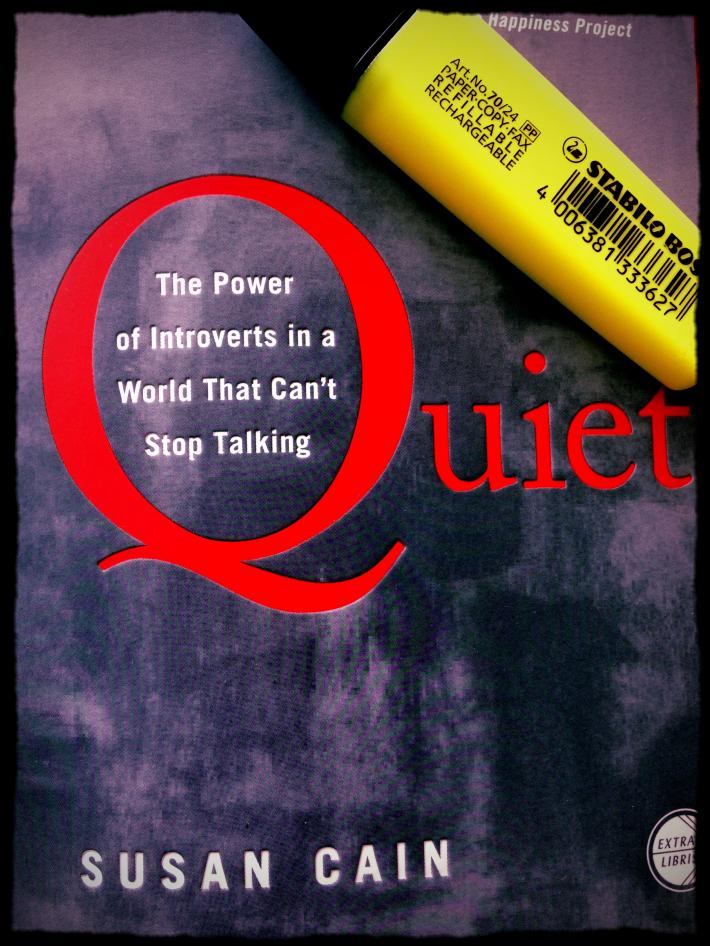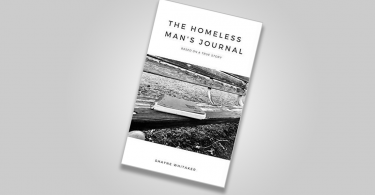Social gatherings: love them or hate them, they are pretty much obligatory if you have a job, family, friends or attend school, college or university. Mostly, I tend to find myself in the latter category.
I've always been quite introverted, even though I love people and would happily chat away to pretty much anyone. But the sight of a room full of people I only vaguely know often terrifies me and leaves me hanging around the food table slowly eating myself into a food coma or attaching myself limpet-style to the one or two people I know well.
Being introverted doesn't mean that you 'hate people' – of course, there are some introverts for whom that might be the case, but most, if not all, of the introverts I know have a genuine love and interest for talking to people from all walks of life.
Big differences
Introverts tend to prefer one-on-one conversations, or solitude. They often express themselves better in writing. Small talk is often a chore for introverts, but they enjoy in-depth discussions about topics they are passionate about. They often do their best work alone and feel exhausted after social events, even when they've enjoyed themselves. The list goes on.
I rejected the label 'introvert' for years – it carried this negative connotation of being awkward, rude, even sociopathic, and who would want to be associated with those things? It wasn't until I picked up Susan Cain's Quiet that I fully embraced that the little 'I' for 'introvert' that appears in my Myers-Briggs personality type might actually be a good thing.
Life changing
Cain's novel is honestly life-changing (and I don't use that word lightly). It highlights how our society became so obsessed with extroversion and the 'Culture of Personality', famous introverts such as Moses and Rosa Parks, whether team work or independent work is more beneficial and much, much more.
An introvert herself, Cain mentions how her introversion actually helped her in her career as a lawyer. After dealing with a particularly difficult client, she was actually offered two jobs based on her ability to be "so nice and so tough at the same time", never raising her voice or interrupting. Who says you have to be loud to get your point across?
The book has so many layers, Cain's research including personal experiences, seminars and self-help guides on how to become extroverted, studies on business management and psychology. But don't assume that the book is solely for introverts – it's ridiculously important, and I would recommend that everyone (literally) should read it at some point in their lifetime.
An introvert in an extroverted world
I can testify that being an introvert in an extroverted world is an uncomfortable experience. Every presentation and public speech I give feels like an Oscar-worthy performance, despite being told I was a "natural speaker" at my last internship. I've been told for years that I need to "come out of my shell", or "talk more" when often it's pretty much impossible for me to get a word in edgeways in most conversations. The sentence "I didn't realise you were so funny" has been launched at me as much as the terms "quiet" or "shy", and I can't tell you how damaging it is to tell someone this when they've probably been trying hard to make conversation, or even simply to turn up to an event.
The truth is, we live in a world where appearances and first impressions mean everything – if you don't present your entire personality within about ten minutes of meeting someone, you run the risk of being labelled "shy" or, even worse, "boring". I could go on forever, but if anything should be taken away from this, I want it to be these three things:
- Read Quiet. Just read it. If it doesn't change the way you think about yourself, it might change the way you think about someone else.
- Never call someone "quiet", "shy" or anything related to their face (or at all if you can help it). It's likely that they've been told that for years and, believe me, the more they hear this, the less likely they are to feel comfortable in social situations.
- As Susan Cain says, "some animals naturally carry shelter everywhere they go, and…some humans are just the same".
Have you read Quiet? Let us know in the comments below!









